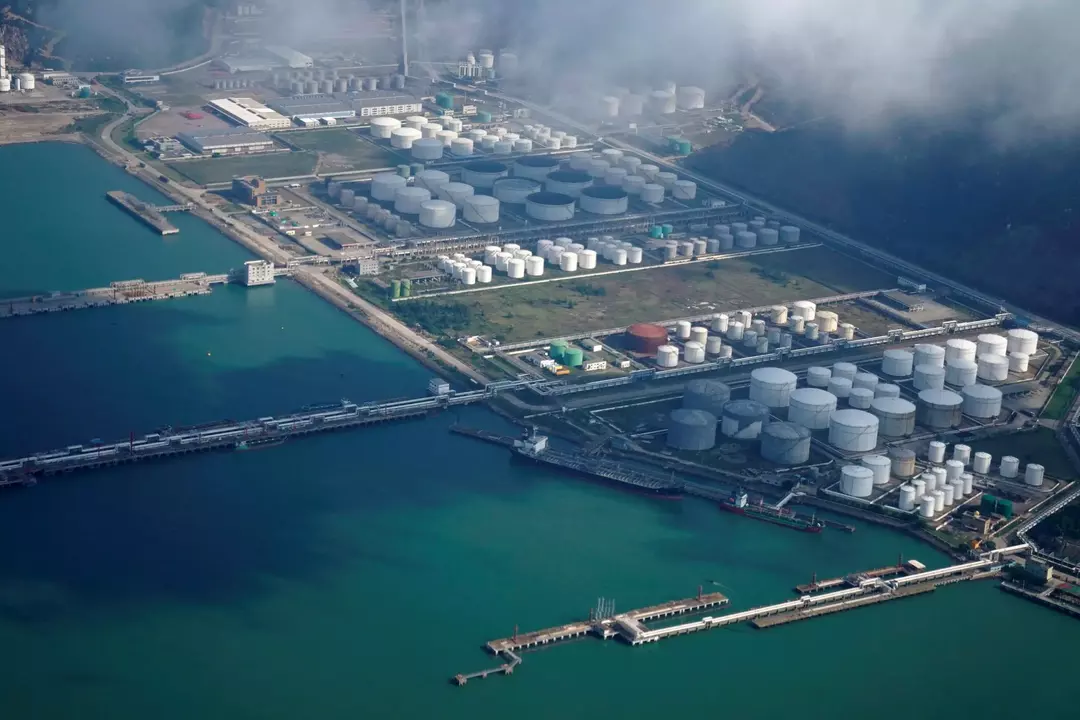The Impact of US Sanctions on Russian Crude Oil in the Maritime Industry
The maritime industry is facing significant challenges as US sanctions on Russian energy flows disrupt the flow of Russian crude oil, particularly off the Chinese coast.
Growing Concerns Over Stranded Oil
The amount of oil stranded off the Chinese coast is growing as traders, refiners, and shipping companies navigate the complexities of US sanctions. According to ship-tracking data from Bloomberg and Kpler, five tankers carrying almost 4 million barrels of ESPO and Sokol crude from the Russian Far East are idling in Chinese waters.
Sanctions and Their Implications
The US has imposed its strictest-ever sanctions on Russian energy flows, targeting over 180 tankers, traders, and insurers. While there is a wind-down period for offloading crude before penalties take effect, many ports in Shandong province, a hub for independent refiners, are wary of handling the crude after warnings from major terminal operators.
Potential Solutions and Market Adaptations
In response to the sanctions, there could be an increase in ship-to-ship transfers of oil and the use of smaller ports. Crude from the Russian Far East is popular with China’s teapot refiners due to its relatively low cost and short travel time. The amount of stranded crude has almost doubled recently and is expected to continue growing.
Specific Examples and Data
- Five tankers carrying ESPO and Sokol crude are idling in Chinese waters.
- Four of these vessels were sanctioned by the US.
- The Madestar, a very-large crude carrier, recently conducted a ship-to-ship transfer with another vessel carrying ESPO.
- Three other tankers carrying ESPO are set to offload in China in the coming days.
Conclusion
The maritime industry is adapting to the challenges posed by US sanctions on Russian crude oil. The growing amount of stranded oil off the Chinese coast highlights the need for innovative solutions and careful navigation of regulatory complexities.
Sources:


Leave a Reply